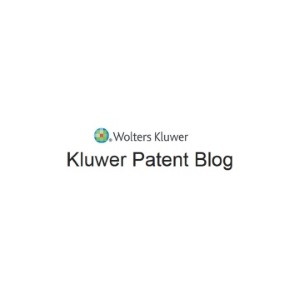
A claim defining a compound as having a certain purity would lack novelty over a prior art disclosure describing the same compound only if the prior art disclosed the claimed purity at least implicitly.
For example by way of a method for preparing said compound, the method inevitably resulting in the claimed purity. Such a claim, however, would not lack novelty if the disclosure of the prior art needs to be supplemented, for example by suitable (further) purification methods allowing the skilled person to arrive at the claimed purity.
The question of whether such (further) purification methods for the prior art compound are within the common general knowledge of those skilled in the art and, if applied, would result in the claimed purity, is not relevant to novelty, but is rather a matter to be considered in the assessment of inventive step.
Read the complete article by Bart van Wezenbeek on Kluwer IP Law.

